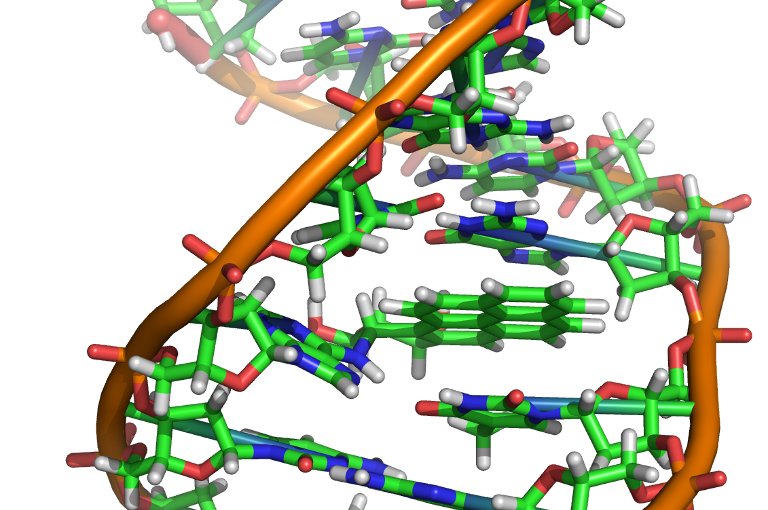The dense worldwide transportation network constructed by humans is now powering so-called variants (mutations) of COVID-19 across the world from their countries of origin. The British variant (called B.1.1.7), the Brazilian variant (called P.1) and the South African variant (called B.1.351) are all racing across the globe. This shouldn’t be surprising since all three are thought to be more contagious than the original virus.
The Brazilian variant is thought to be capable of reinfecting people who have already had the original virus. And, it may have greater capabilities to evade the protections created by vaccines.
That this is happening is no surprise to people who understand viruses, particularly those with knowledge of coronaviruses. Almost exactly one year ago I sat across from a colleague at dinner who knows a lot about coronaviruses. Let me summarize what he told me:
Coronaviruses mutate very frequently. There are a few (three or four) that cause what we call the common cold. There are other types of viruses that cause colds as well. Once you have a cold caused by a coronavirus, you are not permanently immune to colds caused by this group of viruses. The immunity wears off fairly quickly and in any case you might be infected by another version of the virus that causes colds. In addition, the coronaviruses that cause colds are constantly mutating making it impossible to create an effective vaccine that will cover all of them. The expectation is that even if a vaccine were possible, the immunity provided by it would not last. If COVID-19 acts like other coronaviruses—and there is no reason to believe it will not—then it is likely that there will be no effective vaccine even if many are initially developed and deployed.
All that was communicated to me a year ago, and it was congruent with what I could find about coronaviruses on the internet. What puzzled me was that there was little or no discussion of these facts in the media when covering the development of vaccines. There seemed to be an assumption that 1) there would be only one version of the COVID-19 virus or at least many versions that were very similar and 2) that the immunity provided by such a vaccine would last a long time.
We can now dismiss the first assumption. However, there hasn’t been enough time elapsed since vaccines started to be administered to determine whether the second assumption is true. But the truth of assumption two may become irrelevant if the COVID-19 virus mutates enough to subvert the protections offered by the current batch of vaccines.
The CEO of pharmaceutical giant Johnson & Johnson said last month that people may have to receive yearly doses of COVID-19 vaccines because of the proliferating mutations. That sounded at the time like an admission that COVID-19 would become endemic. But surely this CEO and people throughout the industry knew that this was likely from the start. They just failed to mention it when discussing vaccines publicly. I suspect that doing so would have been bad for business.
It may turn out that even this pronouncement from Johnson & Johnson’s CEO is too optimistic if my colleague’s assessment is proven correct. We may then be forced to rely on public and individual health measures of the type I have written about twice previously (here and here).
Image: DNA molecule via Wikimedia Commons https://commons.wikimedia.org/wiki/File:Benzopyrene_DNA_adduct_1JDG.png “Solution structure of a trans-opened (10S)-dA adduct of +)-(7S,8R,9S,10R)-7,8-dihydroxy-9,10-epoxy-7,8,9,10-tetrahydrobenzo[a]pyrene in a DNA duplex.“






